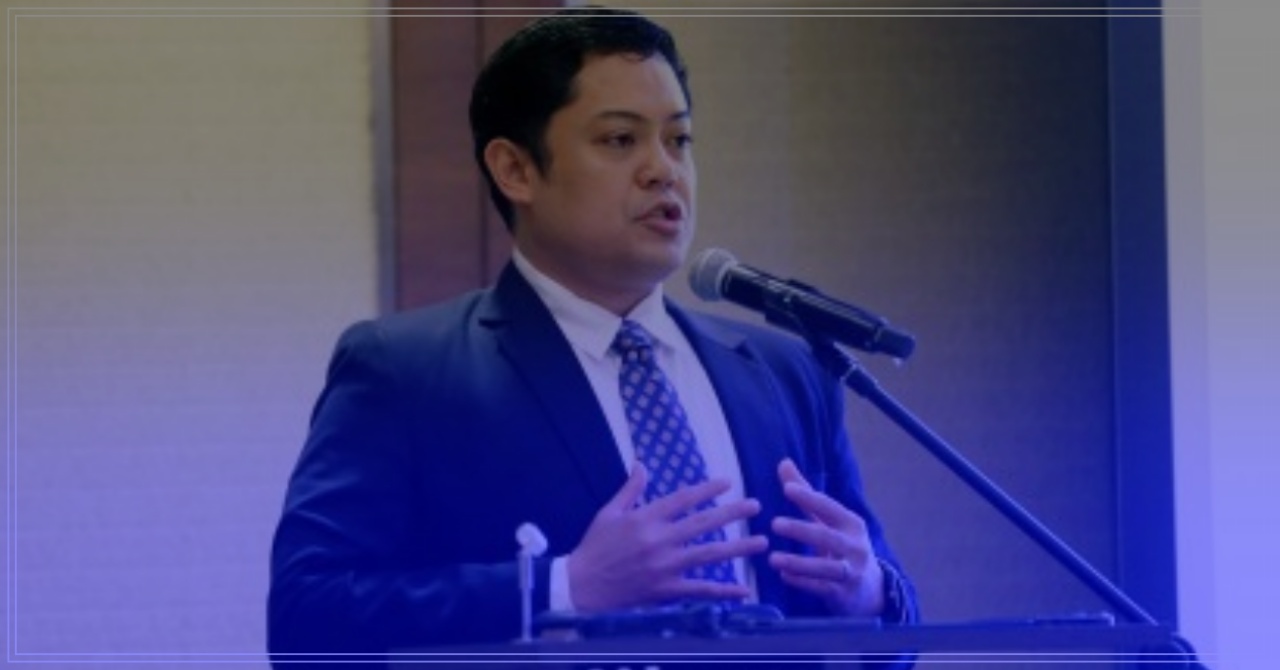On December 11, 2024, the Department of Transportation (DOTr) highlighted several significant transportation projects aimed at advancing environmental sustainability. These initiatives were presented during the 16th Regional Environmentally Sustainable Transport Forum in Asia (RESTFA), held at the Asian Development Bank (ADB) Headquarters in Manila, underscoring the Philippines’ commitment to sustainable urban mobility.

Key Transportation Projects:
- Rail Initiatives:
- North-South Commuter Railway: This project seeks to enhance connectivity between Metro Manila and neighboring provinces, reducing travel times and promoting the use of public transportation.
- Metro Manila Subway Project: Designed to alleviate traffic congestion, this subway system aims to provide a reliable and eco-friendly alternative to road transport.
- Light Rail Transit Line 1 Cavite Extension: Extending the existing LRT Line 1, this extension will serve the Cavite area, offering residents a sustainable commuting option.
- Metro Rail Transit Line 7: This line is set to connect Quezon City to San Jose del Monte in Bulacan, further expanding the metro’s rail network.
- Road Sector Projects:
- Public Transport Modernization Program: Aimed at upgrading public transport vehicles to more environmentally friendly models, this program seeks to reduce emissions and improve air quality.
- EDSA Greenways Project: This initiative focuses on creating pedestrian-friendly pathways along EDSA, encouraging walking and cycling as sustainable modes of transport.
- EDSA Busway: Designed to streamline bus operations along EDSA, this project aims to reduce traffic congestion and promote the use of public buses.
- Cebu Bus Rapid Transit: This system introduces dedicated bus lanes in Cebu City, providing a faster and more efficient public transport option.
- Davao Public Transport Modernization Project: Focused on modernizing Davao City’s public transport, this project aims to improve service quality and environmental sustainability.
- Taguig City Integrated Terminal Exchange: This facility will serve as a central hub for various transport modes, facilitating seamless transfers and reducing reliance on private vehicles.
Environmental Commitment:
Undersecretary Timothy John Batan emphasized the transport sector’s pivotal role in sustainable development, stating, “The transport sector is seen to play a critical role in sustainable development and holds great potential to increase the region’s climate ambition further.”
He further highlighted the importance of sustainability in transportation to mitigate climate change by reducing carbon emissions. “As a nation that is most susceptible to the effects of climate change, growing pollution, and loss of nature and biodiversity, the Philippine transport sector reaffirms its determination to cooperate for the implementation of transformational changes within our country,” Batan added.
16th Regional Environmentally Sustainable Transport Forum:
The Philippines is hosting the three-day 16th RESTFA, aiming to promote sustainable transport in the region. The forum features plenary sessions on urban access, international partners’ initiatives towards the Aichi 2030 Declaration, and the United Nations Decade of Sustainable Transport. It is attended by high-level representatives from local and international governments, as well as executives in the private sector.
Global Recognition:
The DOTr’s efforts in promoting sustainable transportation have garnered international recognition. In 2023, the department received the “International Recognition and Global Gratitude Award” from the Good Stories Movement for its initiatives that boost the country’s economy and protect the environment.
Future Outlook:
The ongoing and upcoming projects reflect the Philippines’ dedication to creating a sustainable and resilient transportation system. By integrating environmentally friendly practices into transportation infrastructure, the country aims to reduce greenhouse gas emissions, alleviate traffic congestion, and improve air quality, contributing to the broader goal of sustainable urban mobility.